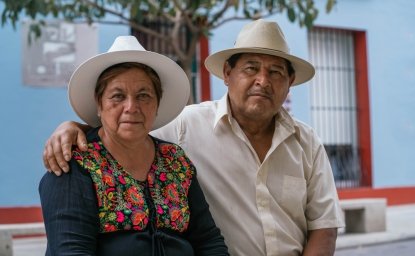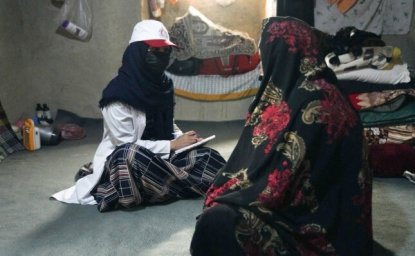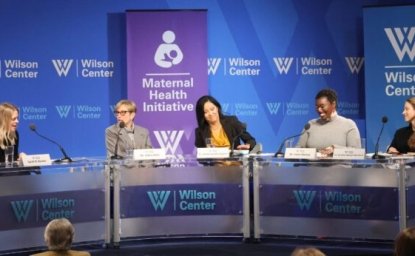Article by Frederick Burkle Featured in Disaster Medicine Journal
Frederick Burkle, Wilson Center Public Policy Scholar, describes the impact of public health emergencies on disaster management in new Disaster Medicine and Public Health Preparedness article.




